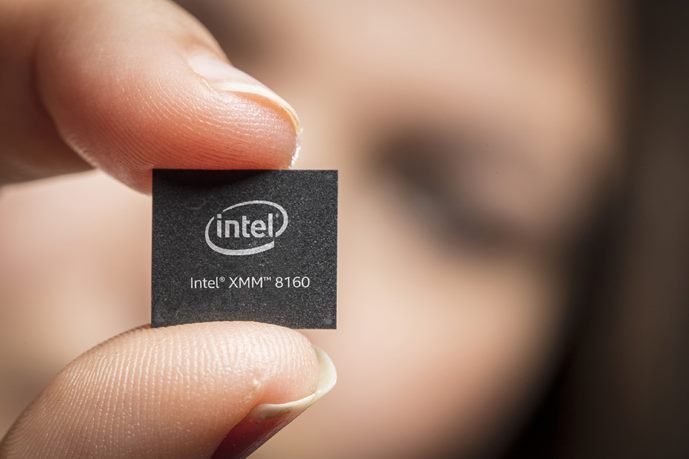Report: Apple Considering Acquisition of Intel Modem Division
Get Tom's Hardware's best news and in-depth reviews, straight to your inbox.
You are now subscribed
Your newsletter sign-up was successful
The Information reported this week that Apple is currently in talks to buy the German leg of Intel's failed 5G division. Apple recently entered a six-year deal to use Qualcomm’s modems in upcoming iPhones, but the Cupertino company has been rumored to be working on its own modem chips.
According to the report, Intel is considering selling its modem business in parts, and Apple is in discussions to buy the German operations of Intel’s Infineon division. The acquisition would give it "hundreds" of new modem engineers.
Since last year it's been rumored that Apple was interested in buying Intel’s modem division but couldn't strike a deal. Apple has already poached some Intel modem engineers. Meanwhile, Intel is also be looking to completely exit the 5G smartphone modem business as soon as possible.
Intel’s Struggles in the Modem Business
In 2010, Intel acquired Infineon’s modem division so it could effectively enter the smartphone market. At the time, to be successful with smartphones you needed both a good mobile CPU and a good modem, ideally integrated into the same system-on-chip (SoC).
However, Intel failed to get a foothold in the market with both its x86-based CPUs (everyone else was using either an Arm core design or a custom core based on the Arm architecture), as well as its modems, which kept falling behind Qualcomm’s in terms of performance and efficiency. The first issue prevented Intel from ever gaining more than single-digit market share in the smartphone market, while the latter eventually ended up souring Apple’s relationship with the company.
Soon after entering a deal with Intel to use its 4G modems, Intel’s wireless products were found to have poorer performance and energy efficiency than the Qualcomm counterparts. It was also reported that Intel wouldn’t meet the deadline for a 5G modem for the 2020 iPhone.
With all this going on, Apple settled its billion-dollar lawsuit with Qualcomm, agreed to pay back all of the “missing” royalty payments to Qualcomm and committed to using Qualcomm’s modems for the next six years. Still, you would think Apple’s relationship with Qualcomm is at least somewhat strained, so it'd make sense for the iPhone maker to strive for its own in-house modem tech.
Get Tom's Hardware's best news and in-depth reviews, straight to your inbox.
Lucian Armasu is a Contributing Writer for Tom's Hardware US. He covers software news and the issues surrounding privacy and security.
